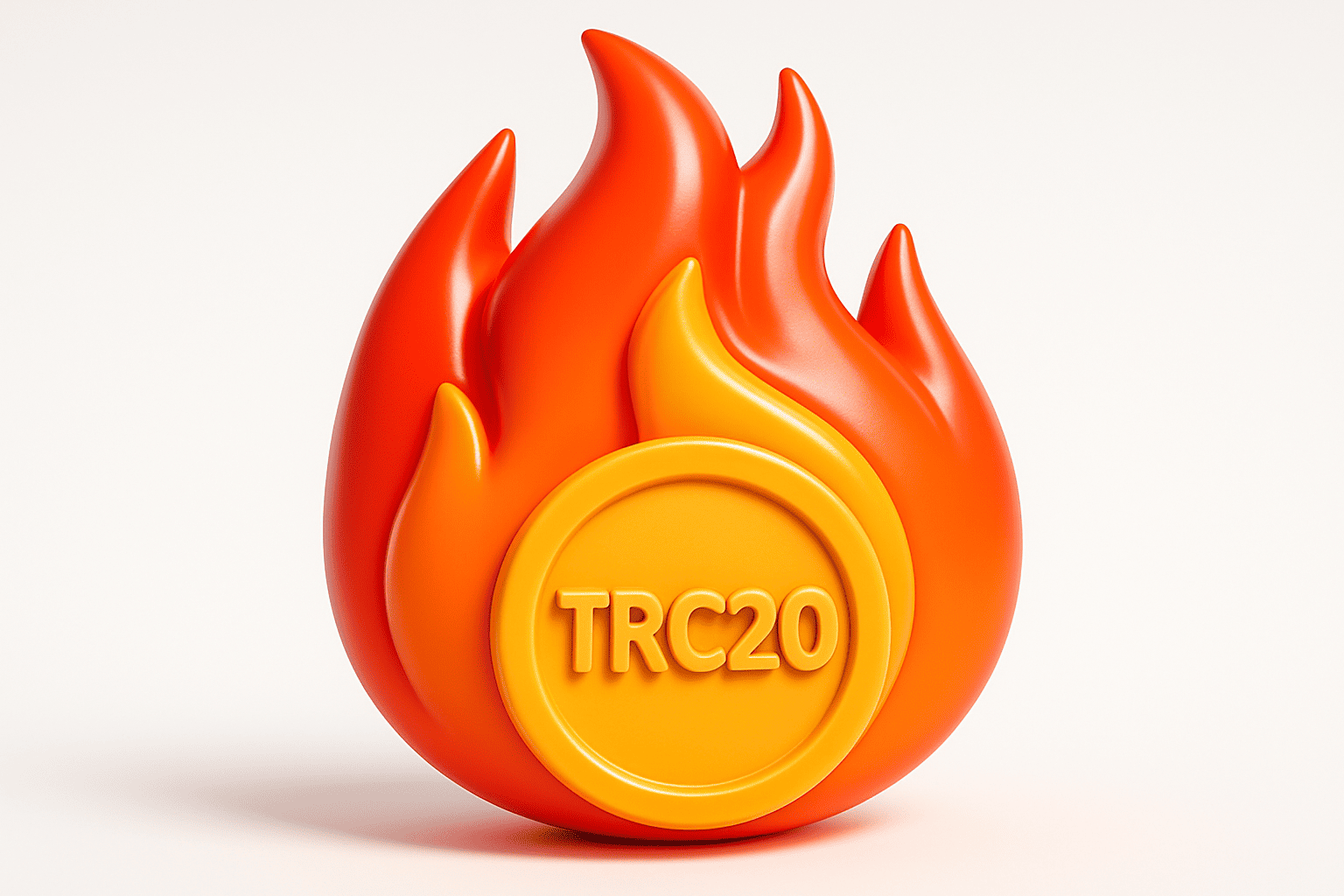Syscoin
Download app Ironwallet and get tool for making transaction without network fee
About Syscoin
Syscoin is a blockchain protocol and cryptocurrency focused on providing decentralized marketplace, identity, and asset tokenization solutions. First launched in 2014, Syscoin aims to combine the security and immutability of blockchain technology with the ease of use necessary for mainstream adoption.
History and Development of Syscoin
Origins and Founding TeamSyscoin was initially conceived in 2014 by Sebastian Schepis along with co-founders Dan Wasyluk and Adam Kling. Their goal was to build a decentralized marketplace on top of Bitcoin’s blockchain by leveraging some of its basic protocols like timestamps and digital signatures. However, they soon realized Bitcoin lacked the necessary speed and scalability for their needs.
In response, Schepis and the Syscoin team decided to fork the Bitcoin protocol and make significant improvements tailored towards assets, identities, marketplaces and more. This marked the launch of the first Syscoin blockchain mainnet and SYC token in July 2014.
Mainnet Launch and Early YearsAfter launching its own dedicated mainnet in 2014, the Syscoin team focused on building out core platform capabilities in areas like decentralized marketplace services, certificates and encrypted messaging. Early versions of services like Syscoin Marketplace, Syscoin Certificates and Syscoin Messaging were released over the next few years.
However, the protocol still faced issues with scalability and speed. To overcome these limitations, Syscoin completed another mainnet upgrade in 2019, migrating to a new blockchain codebase called NEVM that enabled Ethereum Virtual Machine compatibility along with faster transactions.
Key Features and Technology
Decentralized MarketplaceOne of Syscoin’s flagship offerings is a decentralized marketplace allowing users to buy and sell goods and services without requiring a centralized intermediary. Listings can include physical goods, digital products/media, services, and more. Payments are facilitated by Syscoin’s native SYS token.
Compared to centralized platforms, Syscoin offers lower fees, increased uptime, censorship resistance, and remove the need to store user data on a central server. The decentralized nature aims to build user confidence and trust in the platform.
Z-DAG ProtocolIn 2021, Syscoin incorporated the Z-DAG consensus mechanism that combines Bitcoin’s Nakamoto consensus with Directed Acyclic Graph (DAG) functionality. This hybrid proof-of-work and DAG approach delivers significant TPS improvements while preserving network security.
Z-DAG allows new transactions to reference one previous transaction, forming a “tangle” that quickly confirms payments. As more transactions validate each other, consensus finality improves. These performance gains make Syscoin much more suitable for consumer and business usage compared to early blockchain protocols.
MasternodesOn Syscoin’s network, masternodes play an important role in governance and providing decentralized services. Masternodes stake a specified amount of collateral in SYS tokens in order to participate.
In return, Masternode operators can earn fees and help validate transactions and marketplace activity. They also enable important platform capabilities related to encrypted messaging, asset tokenization, identities and more.
Use Cases and Adoption
NFTs on SyscoinLeveraging Syscoin’s asset tokenization services, users can mint non-fungible tokens (NFTs) that represent ownership of unique digital or physical assets. NFT minting and trading is facilitated on Syscoin’s decentralized marketplace.
Areas seeing NFT adoption include collectibles, gaming items, digital art, real estate, medical data, supply chain tracking and more. For asset originators, Syscoin provides a way to securely tokenize assets without needing centralized brokers or exchanges.
Decentralized IdentifiersSyscoin supports creation of decentralized identities tied to the blockchain rather than siloed identity providers. These self-sovereign identities give users more control over their personal information. Decentralized identifiers on Syscoin could facilitate know-your-customer processes, leak-resistant messaging, and interoperable logins.
Supply Chain ManagementBusinesses can leverage Syscoin’s asset tokenization services to track goods through supply chains. Linking physical items to digital tokens enables precise monitoring of each item’s custody, characteristics, transportation history and more from manufacturing to end delivery. Supply chain tracking on Syscoin is tamper-resistant and transparent.
Tokenomics
SYS TokenThe native cryptocurrency of the Syscoin platform is SYS. It functions as a payment currency, utility token, and staking/governance token across Syscoin’s various services like the decentralized marketplace. Users require SYS to pay transaction fees, enable smart contracts, mint NFTs and access other platform capabilities.
Token Distribution and SupplyAt launch in 2014, Syscoin had a maximum token supply of 888 million SYS. The circulating supply as of early 2024 is approximately 633 million SYS. Around 7% of the total supply was set aside for the Syscoin development team with the rest distributed via a crypto airdrop, an ICO fundraising round, and miner rewards over time.
Roadmap and Future Developments
Upcoming Protocol UpgradesAccording to its 2023-2024 roadmap, Syscoin plans to launch further improvements to transaction throughput and smart contract capabilities. Protocol upgrades named Sapphire, Ruby and Emerald will activate over the next two years, incorporating optimizations like L2 scaling, sidechains and WASM smart contracts. These build on the existing EVM support.
Partnerships and IntegrationsOn the business side, Syscoin aims to expand adoption among enterprises and developers through partnerships that highlight real-world use cases. Recent partnerships include supply chain deals with companies like Certus AG and Pinky Promise as well as integrations with NFT marketplaces like Opensea. More partnerships are planned for logistics, sustainability tracking, medical services and identity solutions.
Critiques and Challenges
Centralization ConcernsA common critique of proof-of-work blockchains like Syscoin is the tendency towards mining centralization over time. Critics argue that economies of scale and access to cheap electricity create an uneven playing field that puts smaller, independent miners at a disadvantage. Although Syscoin employs masternodes to somewhat decentralize the network, consolidation among miners remains a concern.
CompetitionSyscoin competes with both crypto-native platforms and enterprise blockchain projects in areas like supply chain tracking, NFTs, and decentralized identity. Major competitors include VeChain, Flow, Crypto.com, Evernym, and Microsoft ION. While Syscoin has a head start on feature development compared to some competitors, its smaller size could limit mainstream consumer and business adoption long-term if users flock to larger player’s ecosystems.
Conclusion
Since 2014, Syscoin has quietly built one of the most feature-rich blockchain protocols in the market while often flying under the radar. Its wide array of capabilities spanning decentralized marketplaces, NFTs, identities, supply chains, and more give it one of crypto’s most promising “infrastructure first” value propositions catering to both consumers and businesses.
However, despite its technology, Syscoin still faces an uphill battle capturing mindshare and adoption in a crowded blockchain industry. Its upcoming roadmap upgrades aimed at scalability, smart contracts, and real-world partnerships provide reasons for optimism if executed successfully. With innovation and execution, Syscoin looks positioned to potentially emerge as a dark horse of the next crypto bull market cycle.





















